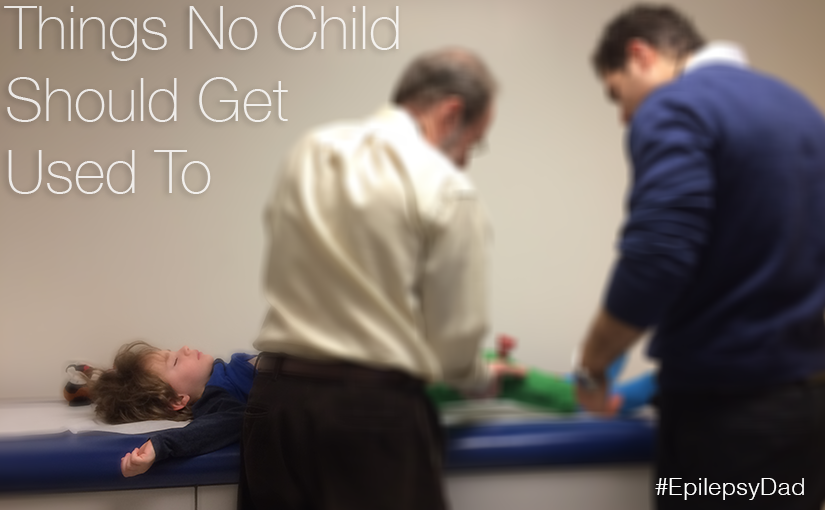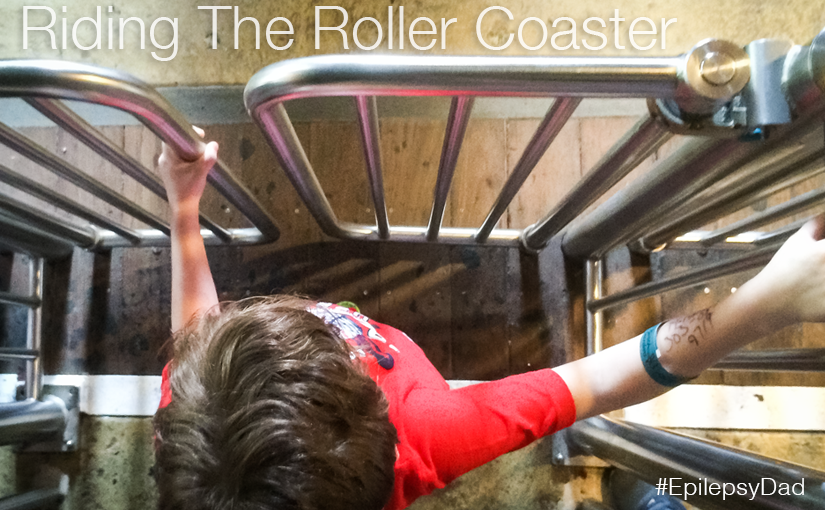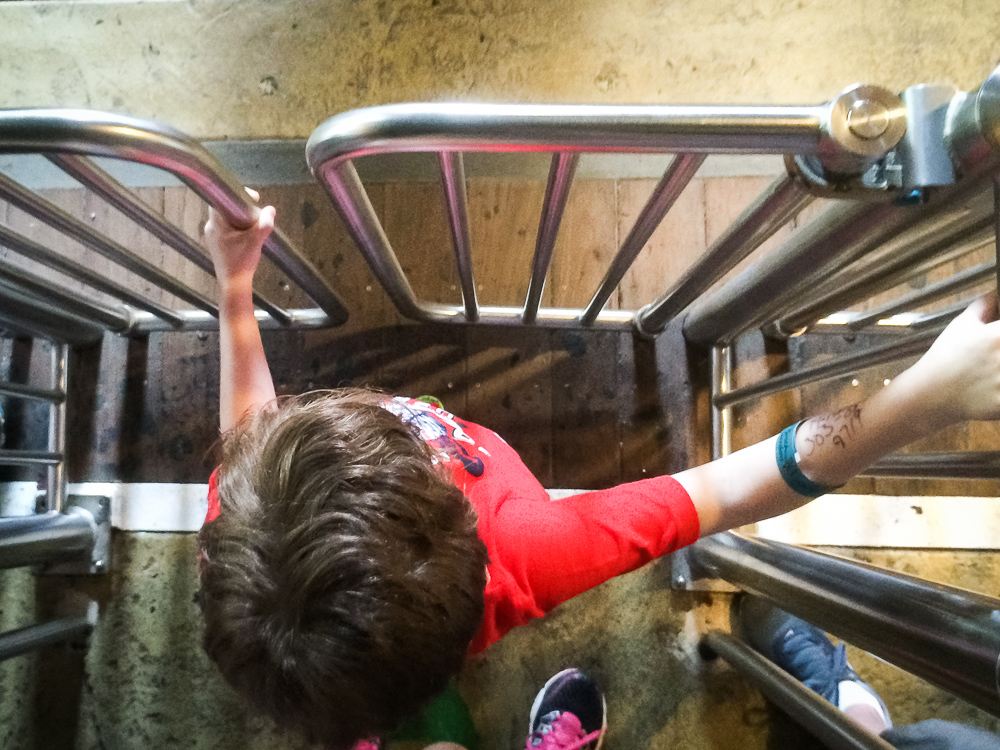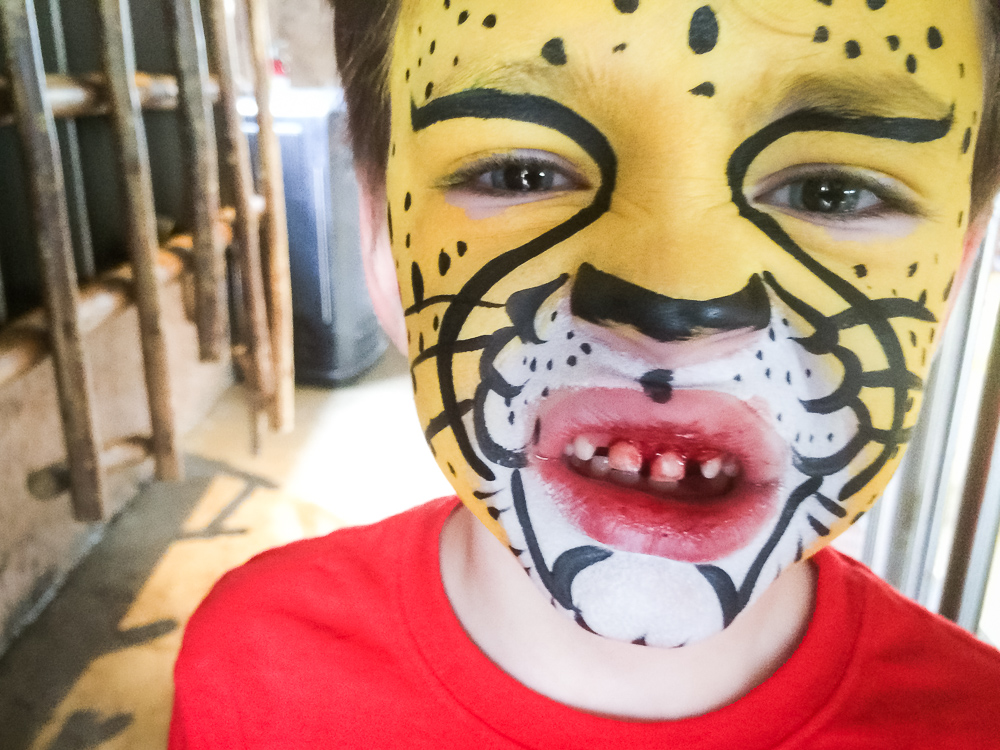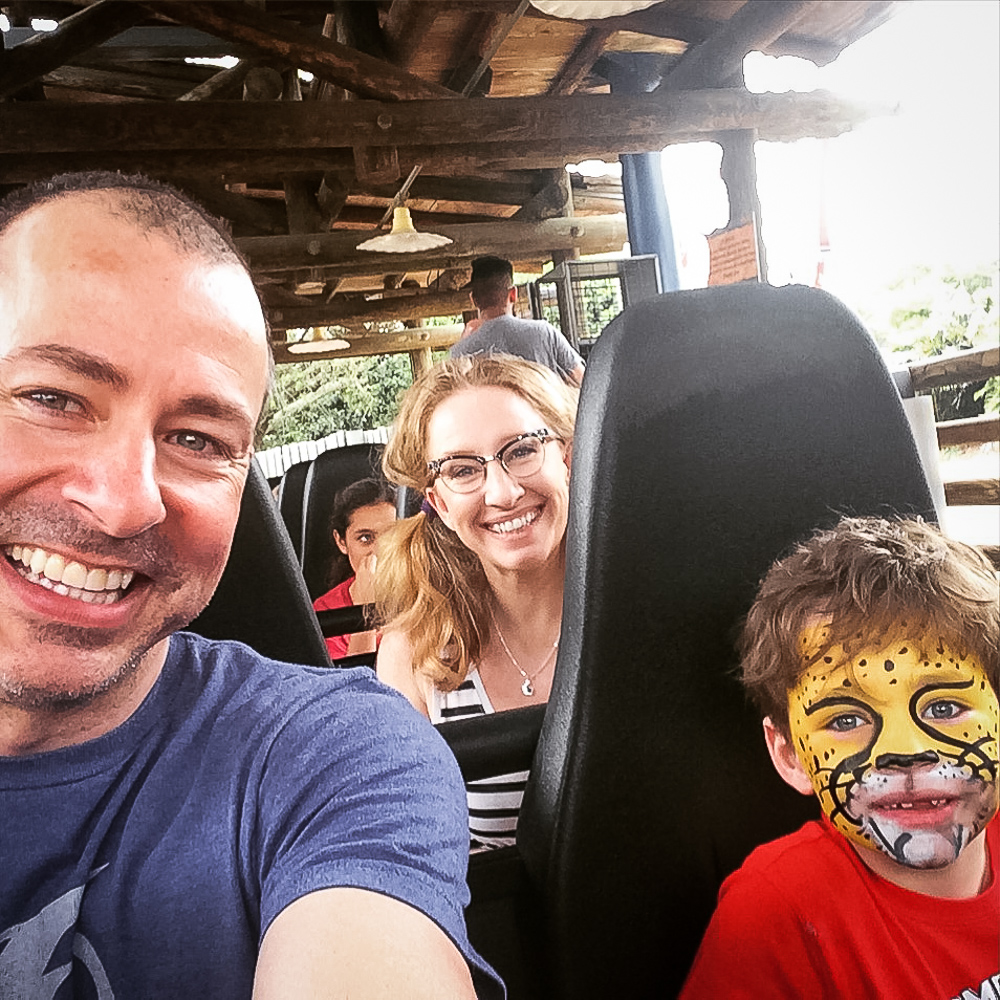I’ve racked up a lot of airline miles in my day. I’m such an expert traveler that I can recite the different safety speeches from the different airlines. Sometimes I’ll sit in my seat with my headphones on and think the words to myself as the flight attendants demonstrate the safety features of whatever Boeing or Airbus metal tube we’re about to push into the sky. “In the event of a loss of cabin pressure, yellow oxygen masks will deploy from the ceiling compartment located above you.” The flight attendant will reach across to the middle seat to the left and the right and let their sample mask drop from their hands and suspend from a rubber tube above the captive audience member.
“Reach up and pull a mask towards you. Place it over your nose and mouth, and secure with the elastic band that can be adjusted to ensure a snug fit. The plastic bag will not fully inflate, although oxygen is flowing.” The snap of the rubber band secures the mask to the painted face and perfect hair of the actors in the repetitive play before the big life lesson is revealed.
“Secure your own mask first before helping others.”
Boom. Mic drop. Well, except for the part about where the emergency exits are. And the safety lighting. And the raft. And I’m sure a loose microphone rolling around the plane is a safety hazard. But that statement about securing your own mask before helping others…that’s the one that gets all the press. But why? It goes against everything we’re taught. It’s selfish to think of yourself first. “I need to save my [insert anyone other than myself]!” “There will be time to put my mask on after I save everyone else.” “Think of the children!” Such a contradiction in a statement that is made thousands of times a day around the world in a hundred different languages but also one that is as relevant on the ground as it is at 30,000 feet.
I’m not the first person to write about the importance of taking care of yourself so that you can take care of those around you. I’ve read the articles, too. They sounded great in theory. But in practice, it’s easy to forget to do it or to realize that you’re not doing it. There’s always so much that needs to be done and no one else to do it or no time to do it all. There are jobs and obligations and doctor appointments and seizure days and batches of keto cooking to do. There are the day-to-day operations of keeping a family in the air and safe and together. There are the “have to” with little time for the “want to”.
In an airplane, there are sensors that detect the loss of cabin pressure and trip the release of the oxygen masks from the cabin. That’s a pretty clear sign that something is wrong. In life, there are no sensors. There are no oxygen masks. Most of the time, you don’t know that your cabin pressure has been lost until it’s too late. Instead of passing out from the lack of oxygen and unable to help those around you, you find yourself in a hole, alone, and distant from those that need you the most. In both cases, it is impossible to breathe.
I’m finding myself in that place again. I feel myself pulling away from those around me. My wife is hinting that she’s feeling alone in the quagmire. I’ve dropped the things from my list that are just for me, things that refuel me, and I’m feeling drained. These are my warning lights, telling me that I’m not taking care of myself and that it’s impacting my ability to take care of my family.
It is time for me to find my own mask and to put it on.

